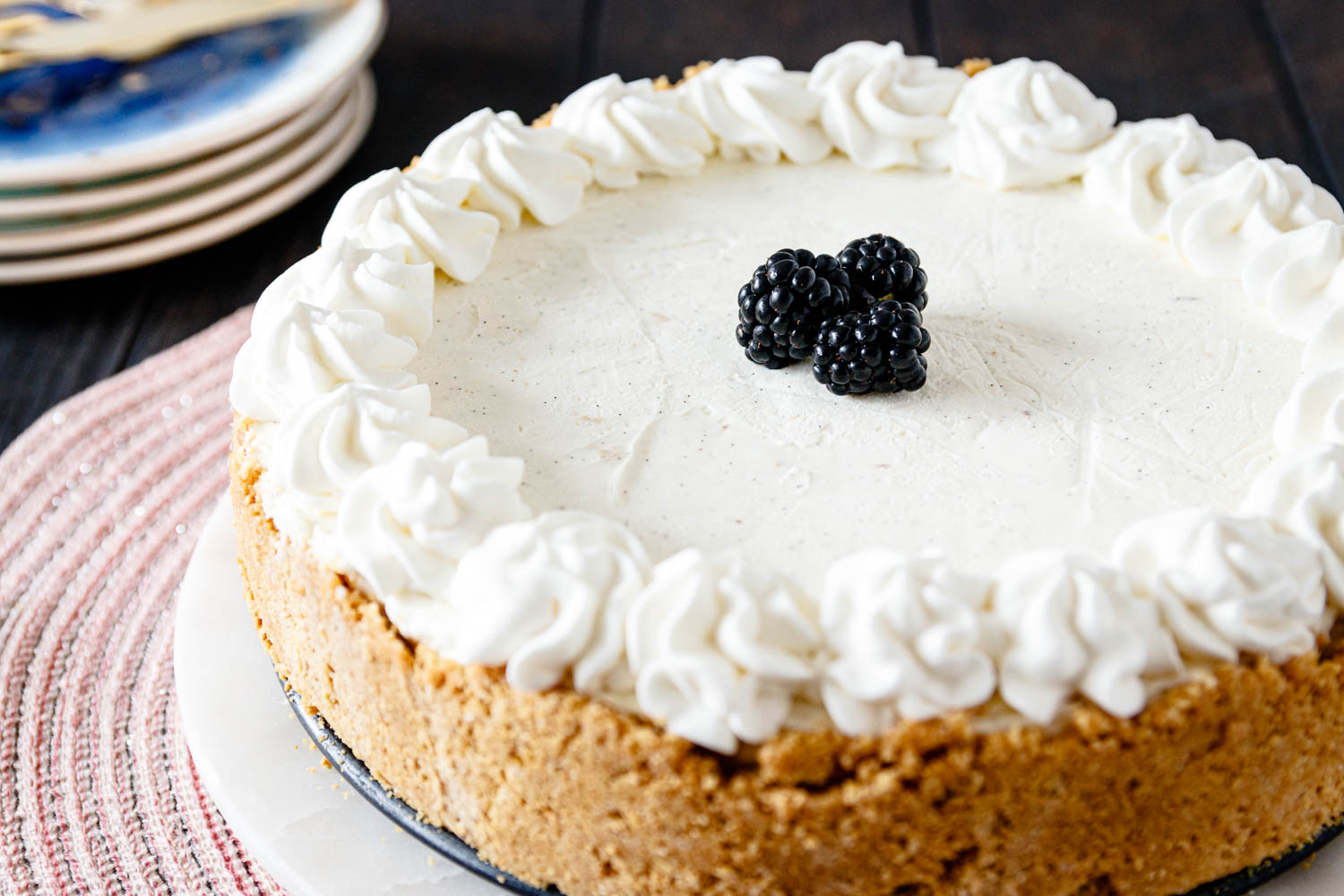As we age, our dietary needs change, making it important to pay closer attention to the food we eat. Eating a balanced diet is crucial for seniors as it can help to minimize the risk of several health conditions such as heart disease, diabetes, and high blood pressure. In this article, we will provide a comprehensive guide to seniors’ diet, including what to eat and what to avoid, as well as tips for maintaining a healthy diet.
Why Is a Healthy Diet Crucial for Seniors?

A healthy diet is important for seniors for several reasons. As we age, our bodies undergo changes, including a decrease in muscle mass and bone density, and an increase in body fat. Eating a balanced diet can help to mitigate these changes, as well as reduce the risk of various health conditions.
Seniors are also more susceptible to certain health conditions, such as heart disease, diabetes and high blood pressure. Eating a healthy diet can help to manage these conditions and prevent them from developing in the first place. Additionally, a healthy diet can help to improve cognitive function, boost energy levels, and promote better sleep.
What to Eat for a Healthy Diet?
A healthy diet for older adults should consist of a variety of nutrient-dense foods, including:
Fruits and Vegetables: Older adults should aim to consume at least five servings of fruits and vegetables each day. These foods are usually packed with vitamins, minerals, and antioxidants that can help to protect against various health conditions.
Whole Grains: Whole grains such as quinoa, brown rice and whole wheat bread are very rich in fiber and other nutrients that can help to maintain bowel regularity and promote heart health.
Lean Protein: Seniors should aim to consume lean sources of protein, such as fish, poultry, and beans, which can help to maintain muscle mass and promote healing.
Dairy: Elderly should also consume low-fat dairy products such as milk, yogurt, and cheese, which are rich in calcium and can help to maintain bone health.
Water: Seniors should drink at least eight cups of water per day to help maintain hydration levels.
What to Avoid for a Healthy Diet?
While seniors should focus on consuming nutrient-dense foods, there are certain foods and drinks that should be avoided or consumed in moderation, including:
Processed Foods: Processed foods like packaged snacks and fast food are often high in salt, sugar, and unhealthy fats, which can increase the risk of various health conditions.
Sugary Drinks: Sugary drinks such as soda, juice, and sports drinks can contribute to weight gain and increase the risk of various health conditions.
Alcohol: Seniors should consume alcohol in moderation, as excessive alcohol consumption can significantly increase the risk of various health conditions, including liver disease and certain types of cancer.
Tips for Maintaining a Healthy Diet
 Maintaining a healthy diet can be challenging for seniors, particularly if they have a limited budget, mobility issues, or difficulty preparing meals. Here are some tips to help seniors maintain a healthy diet:
Maintaining a healthy diet can be challenging for seniors, particularly if they have a limited budget, mobility issues, or difficulty preparing meals. Here are some tips to help seniors maintain a healthy diet:
Plan meals in advance: Planning meals in advance can help seniors to ensure they are consuming a balanced diet.
Cook at home: Cooking meals at home is often more cost-effective and healthier than eating out.
Use convenience foods: Seniors can use convenience foods such as pre-cut vegetables and canned beans to make meal preparation easier.
Eat with others: Eating with friends or family can make mealtime more enjoyable and increase socialization.
Consult a dietitian: Seniors can consult a dietitian about developing a personalized meal plan that meets their specific needs.
In conclusion, seniors’ diet plays a crucial role in maintaining their health and well-being as they age. By following the right dietary guidelines, seniors can improve their overall health, manage chronic conditions, and prevent the onset of age-related illnesses. It’s therefore vital to work with a healthcare professional or registered dietitian to create a more appropriate nutrition plan that takes into account any medical conditions, medications, and lifestyle factors. With the right balance of nutrients, seniors can enjoy a healthy and fulfilling life well into their golden years.







